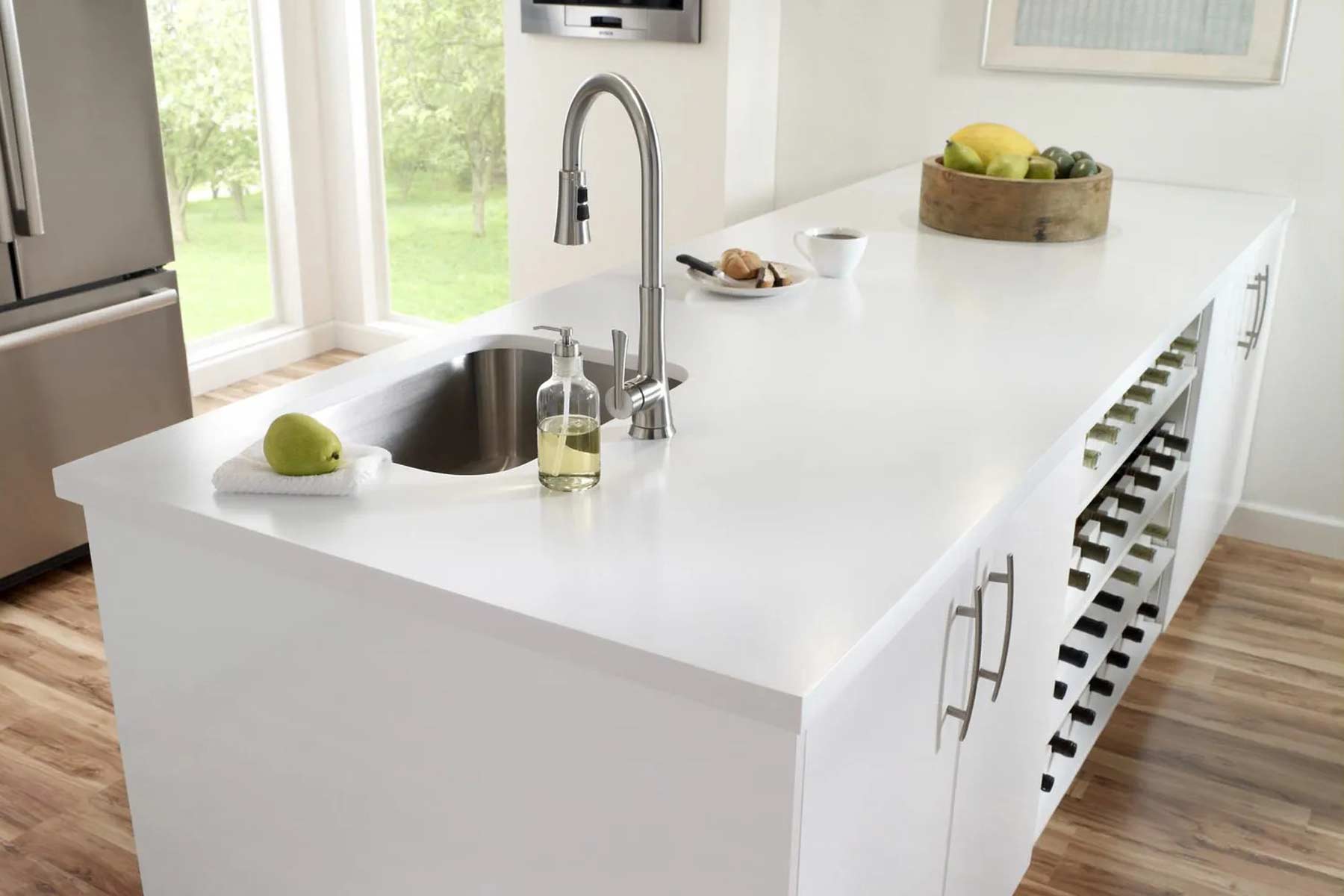

Articles
How Thick Are Corian Countertops
Modified: November 2, 2024
Discover the perfect thickness for Corian countertops in this informative articles. Enhance your knowledge and make informed decisions when selecting new countertops for your home.
(Many of the links in this article redirect to a specific reviewed product. Your purchase of these products through affiliate links helps to generate commission for Storables.com, at no extra cost. Learn more)
Introduction
When it comes to choosing countertops for your kitchen or bathroom, there are a plethora of options available. One popular choice among homeowners is Corian, a brand of solid surface material known for its durability and versatility. Corian countertops offer a wide range of colors and patterns to suit various design preferences, making it a favored option for many homeowners.
One factor that is often overlooked when selecting Corian countertops is the thickness. The thickness of the countertop can have a significant impact on both its aesthetics and functionality. In this article, we will delve into the world of Corian countertops and explore the different thickness options available, as well as the factors to consider when choosing the right thickness for your needs.
So, if you’re wondering how thick Corian countertops are and which thickness is best for your project, keep on reading for all the information you need to make an informed decision.
Key Takeaways:
- The thickness of Corian countertops impacts both aesthetics and functionality. Thinner options offer a sleek, modern look, while thicker ones provide enhanced durability and a luxurious feel, catering to different design preferences and usage needs.
- When choosing the thickness of Corian countertops, consider factors such as design aesthetic, functionality, supporting structure, budget, and personal preferences. Consulting with a professional installer or Corian specialist can provide valuable guidance for making an informed decision.
Read more: How To Polish Corian Countertops
What is Corian?
Corian is a brand of solid surface material that was developed by DuPont in the 1960s. It is composed of a combination of acrylic polymer and natural minerals, resulting in a non-porous, durable, and hygienic surface. Corian is often used as a countertop material in kitchens and bathrooms due to its versatility and aesthetic appeal.
One of the key features of Corian is its ability to be seamlessly integrated. Since it is a solid surface material, it can be shaped and molded into various forms and designs, allowing for endless possibilities when it comes to customization. This makes Corian an excellent choice for those who desire unique and personalized countertop designs.
In addition to its design flexibility, Corian is also known for its durability. It is resistant to stains, scratches, and heat, making it a practical choice for high-traffic areas such as kitchens. Corian countertops also have a non-porous surface, which means they are resistant to the growth of mold, mildew, and bacteria. This makes them easy to clean and maintain, ensuring a hygienic environment in your kitchen or bathroom.
Another advantage of Corian is its repairability. Unlike natural stone countertops, which can be difficult to repair if they chip or crack, Corian can be easily repaired. Minor damages can be buffed out or sanded down, restoring the countertop to its original condition. This ability to repair the surface adds to the longevity of Corian countertops, making them a worthwhile investment.
Overall, Corian is a popular choice for countertops due to its durability, flexibility, and ease of maintenance. Its wide range of colors and patterns allows homeowners to find a design that complements their overall aesthetic, while its functional qualities make it a practical choice for everyday use.
Understanding Countertop Thickness
Countertop thickness is an important consideration when choosing Corian countertops. While it may seem like a minor detail, the thickness of the countertop can have a significant impact on the overall appearance and functionality of the surface.
In general, Corian countertops come in three standard thickness options: 1/2 inch, 3/4 inch, and 1 inch. Each thickness option has its own advantages and considerations, and the right choice will depend on factors such as the desired aesthetics, budget, and the specific application of the countertop.
A thinner countertop, such as 1/2 inch, offers a sleek and contemporary look. It is lighter in weight and can create a more modern and streamlined appearance. Thin countertops are often used in minimalist designs or in spaces where a lighter aesthetic is desired.
On the other hand, a thicker countertop, such as 3/4 inch or 1 inch, provides a more substantial and luxurious feel. The added thickness enhances the sturdiness and durability of the countertop, making it suitable for heavy-duty use in kitchens or bathrooms.
Furthermore, the thickness of the countertop can also affect its resistance to heat and impact. Thicker countertops typically have better heat and impact resistance, making them more resilient to accidental spills and everyday wear and tear.
It’s important to note that the thickness of the countertop can also impact the installation process. Thicker countertops may require additional support, such as braces or reinforced cabinetry, to ensure proper stability.
Ultimately, when choosing the thickness of your Corian countertop, consider both the aesthetic and functional aspects. Assess your design preferences, budget, and the intended use of the countertop to determine the most suitable thickness option for your project.
By understanding the implications of different thicknesses, you can make an informed decision and ensure that your Corian countertop meets both your aesthetic preferences and functional needs.
Factors Affecting Corian Countertop Thickness
When choosing the thickness of your Corian countertops, there are several factors that can influence your decision. It is important to consider these factors to ensure that you select the appropriate thickness for your specific needs and preferences. Here are some key factors to consider:
- Design Aesthetic: The overall design aesthetic of your space can play a role in determining the thickness of your Corian countertops. Thinner countertops, such as 1/2 inch, can create a sleek and modern look, while thicker countertops, like 3/4 inch or 1 inch, can provide a more substantial and luxurious feel.
- Functionality: Consider the intended use of your countertops and how they will be utilized on a daily basis. Thicker countertops offer better durability and resistance to heat and impact, making them suitable for high-traffic areas like kitchens. Thinner countertops may be more appropriate for areas with lighter use.
- Supporting Structure: The thickness of your Corian countertops may also be influenced by the supporting structure. Thicker countertops may require additional supports, such as reinforced cabinetry or braces, to ensure proper stability. Consulting with a professional installer can help determine the necessary support for your chosen thickness.
- Budget: The cost of Corian countertops can vary based on the thickness. Thicker countertops tend to be more expensive due to the additional material required. It is important to consider your budget when selecting the thickness of your countertops.
- Compatibility with Sink and Faucet: If you plan to install an undermount sink or specific faucet style, be sure to consider the compatibility of the sink and faucet with the chosen countertop thickness. Thicker countertops may require additional modifications to accommodate certain sink and faucet styles.
By taking these factors into account, you can make an informed decision about the thickness of your Corian countertops. It is recommended to consult with a professional installer or a Corian specialist who can provide expert advice based on your specific requirements and design preferences.
Remember, the goal is to select a thickness that not only aligns with your design vision but also offers the functionality and durability required for your specific needs. With careful consideration, you can choose the ideal thickness that combines both style and practicality for your Corian countertops.
Recommended Thickness for Corian Countertops
When it comes to selecting the thickness for your Corian countertops, there is no one-size-fits-all answer. The appropriate thickness will depend on various factors such as the desired aesthetic, budget, and the specific application of the countertop. However, there are some general recommendations based on common scenarios:
- Standard Use: For most standard kitchen and bathroom countertops, a thickness of 3/4 inch is often recommended. This thickness strikes a balance between durability, aesthetics, and cost.
- Heavy-Duty Use: If your countertops will be subjected to heavy-duty use, such as in a commercial or professional kitchen, a thicker countertop of 1 inch is recommended. The added thickness provides extra strength and durability to withstand the rigors of constant use.
- Minimalist Design: If you prefer a sleek and minimalist design, a thinner countertop of 1/2 inch can create a clean and modern aesthetic. However, it is important to note that thinner countertops may be more prone to chipping and cracking, so extra care must be taken to prevent any mishaps.
- Customization: If you have specific design requirements or want to incorporate unique elements into your countertops, such as integrated sinks or decorative edges, consulting with a professional installer is highly recommended. They can guide you on the appropriate thickness for your customization needs.
It is worth mentioning that these recommendations are not set in stone and can be adjusted based on personal preference, budget constraints, and the design vision of your space. It is always a good idea to consult with a professional installer or a Corian specialist who can offer expert advice tailored to your specific project.
Additionally, keep in mind that the thickness of your Corian countertops should be compatible with the supporting structure and any accessories, such as sinks and faucets, that you plan to install. Taking these factors into consideration will ensure that you choose the ideal thickness that meets both your design aspirations and functional requirements.
Corian countertops are typically 1/2 inch to 1 inch thick, but can be customized to different thicknesses based on the specific design and application.
Read more: How To Update Corian Countertops
Cost Implications of Different Thicknesses
When considering the thickness of your Corian countertops, it is essential to take into account the cost implications associated with each thickness option. The thickness of the countertop can impact the overall cost of the project, so understanding these cost differences is crucial in making an informed decision. Here’s a breakdown of the cost implications of different thicknesses:
- Thinner Countertops (1/2 inch): Thinner countertops are typically more affordable compared to their thicker counterparts. The reduced amount of material required for thinner countertops contributes to the cost savings. This makes them a popular choice for budget-conscious homeowners or those looking for a minimalist design.
- Standard Thickness (3/4 inch): Countertops with a standard thickness of 3/4 inch fall in the mid-range in terms of cost. It strikes a balance between durability, functionality, and cost-effectiveness. This thickness is suitable for most standard kitchen and bathroom applications and provides good value for money.
- Thicker Countertops (1 inch): Thicker countertops, such as those with a thickness of 1 inch, tend to be more expensive due to the additional material required. The extra thickness enhances the durability and resilience of the countertop, making it ideal for heavy-duty use or for those seeking a luxurious aesthetic. However, the added cost should be factored into the overall budget.
It is important to note that the cost of Corian countertops is not solely determined by the thickness. Other factors, such as the color, texture, and customization options, can also influence the overall cost. Additionally, labor and installation fees should be considered when budgeting for your project.
It is recommended to consult with a professional installer or a Corian specialist to get an accurate estimate of the cost based on your specific requirements and desired thickness. They can provide insights into the cost implications of different thicknesses and help you determine the best balance between cost and quality for your Corian countertops.
By considering the cost implications of different thicknesses, you can make an informed decision that aligns with your budget and ensures the longevity and functionality of your Corian countertops.
Pros and Cons of Thin Corian Countertops
Thin Corian countertops, typically with a thickness of 1/2 inch, offer a unique set of advantages and considerations. Understanding the pros and cons of thin Corian countertops can help you make an informed decision when selecting the thickness for your project. Here are some key points to consider:
Pros:
- Sleek Aesthetics: Thin Corian countertops create a sleek and modern aesthetic. They have a light and streamlined appearance, suitable for those who prefer a minimalist design or want a countertop that doesn’t overpower the overall look of the space.
- Cost-Effective: Thinner countertops tend to be more affordable compared to thicker options. The reduced amount of material required for thin countertops contributes to cost savings, making them an attractive choice for budget-conscious homeowners.
- Easier to Handle and Install: Thin Corian countertops are lighter in weight, making them easier to handle during the installation process. They require less effort and may be more maneuverable, which can save time and potentially reduce installation costs.
Cons:
- Less Impact Resistance: Thin countertops may be more susceptible to chipping and cracking compared to thicker options. This means extra care must be taken to avoid any accidental damage from heavy objects or sharp utensils.
- Limited Edge Profile Options: Thinner countertops may have limited options when it comes to decorative edge profiles. The slim thickness may restrict the range of edge profiles that can be applied to the countertop.
- Potential for Flexing: Thin Corian countertops may have a slight potential to flex under load, especially if not properly supported or installed on sturdy cabinetry. This can affect the stability and durability of the countertop in the long run.
It is important to consider your specific needs and preferences when deciding on the thickness of your Corian countertops. While thin countertops offer sleek aesthetics and cost savings, they may require extra caution to prevent damage and may have some limitations in terms of edge profile options. By weighing the pros and cons, you can make an informed decision that aligns with your design vision and functional requirements.
Pros and Cons of Thick Corian Countertops
Thick Corian countertops, typically with a thickness of 3/4 inch or 1 inch, offer a unique set of advantages and considerations. Understanding the pros and cons of thick Corian countertops can help you make an informed decision when selecting the thickness for your project. Here are some key points to consider:
Pros:
- Enhanced Durability: Thick Corian countertops are known for their durability and strength. The added thickness provides increased resistance to impacts, reducing the chances of chipping or cracking. This makes them an excellent choice for high-traffic areas or heavy-duty use.
- Luxurious Aesthetic: Thicker countertops can create a more substantial and luxurious feel in your space. The added thickness adds to the visual appeal and gives the countertop a solid and prominent presence.
- Improved Heat Resistance: Thick Corian countertops have better heat resistance compared to thinner options. This means they are more resistant to heat damage from hot pots, pans, or kitchen appliances. However, it is still recommended to use trivets and heat pads to protect the surface.
- Stability and Support: The added thickness of the countertop provides increased stability and support. Thicker countertops can better withstand heavy objects or prolonged pressure without flexing or sagging, ensuring long-term stability and durability.
Cons:
- Higher Cost: Thicker Corian countertops tend to be more expensive compared to their thinner counterparts. The increased material required adds to the overall cost of the project. It is essential to consider your budget and cost limitations when opting for a thicker countertop.
- Heavier Weight: Thick countertops are generally heavier than thin ones. This means they may require additional supports, such as reinforced cabinetry, to ensure proper installation and stability.
- Less Sleek Appearance: Thicker countertops may provide a more substantial look, which may not appeal to those seeking a sleek and minimalist design. The bulkier appearance of thick Corian countertops may not fit well in spaces where a lighter aesthetic is desired.
Considering your specific needs, preferences, and budget is crucial when deciding on the thickness of your Corian countertops. While thick countertops offer enhanced durability, a luxurious aesthetic, and improved heat resistance, they also come with a higher cost and a bulkier appearance. By weighing the pros and cons, you can choose the right thickness that meets both your functional requirements and design vision.
Conclusion
Choosing the right thickness for your Corian countertops is an important decision that can greatly impact the overall aesthetics and functionality of your space. Considerations such as design aesthetic, functionality, supporting structure, budget, and personal preferences all play a role in determining the ideal thickness for your countertops.
Thin Corian countertops, with a thickness of 1/2 inch, offer a sleek and modern aesthetic, are cost-effective, and easier to handle during installation. However, they may be less impact resistant and have limited edge profile options. They are best suited for those who prefer a minimalist design and have lighter use requirements.
On the other hand, thick Corian countertops, with a thickness of 3/4 inch or 1 inch, provide enhanced durability, a luxurious aesthetic, improved heat resistance, and stability. However, they are generally more expensive, heavier, and may not fit well in spaces that require a sleek and minimalist appearance.
It is important to weigh the pros and cons of each thickness option and consider your specific needs and preferences. Consulting with a professional installer or a Corian specialist can provide valuable insights and guidance tailored to your project.
Ultimately, the goal is to select a thickness that aligns with your design vision, functional requirements, and budget. By considering the various factors and understanding the implications of different thicknesses, you can make an informed decision that ensures your Corian countertops are not only visually appealing but also durable and long-lasting.
Remember, Corian countertops offer a wide range of design possibilities, and with the right thickness, you can create a beautiful and functional space that suits your individual style and needs.
Frequently Asked Questions about How Thick Are Corian Countertops
Was this page helpful?
At Storables.com, we guarantee accurate and reliable information. Our content, validated by Expert Board Contributors, is crafted following stringent Editorial Policies. We're committed to providing you with well-researched, expert-backed insights for all your informational needs.
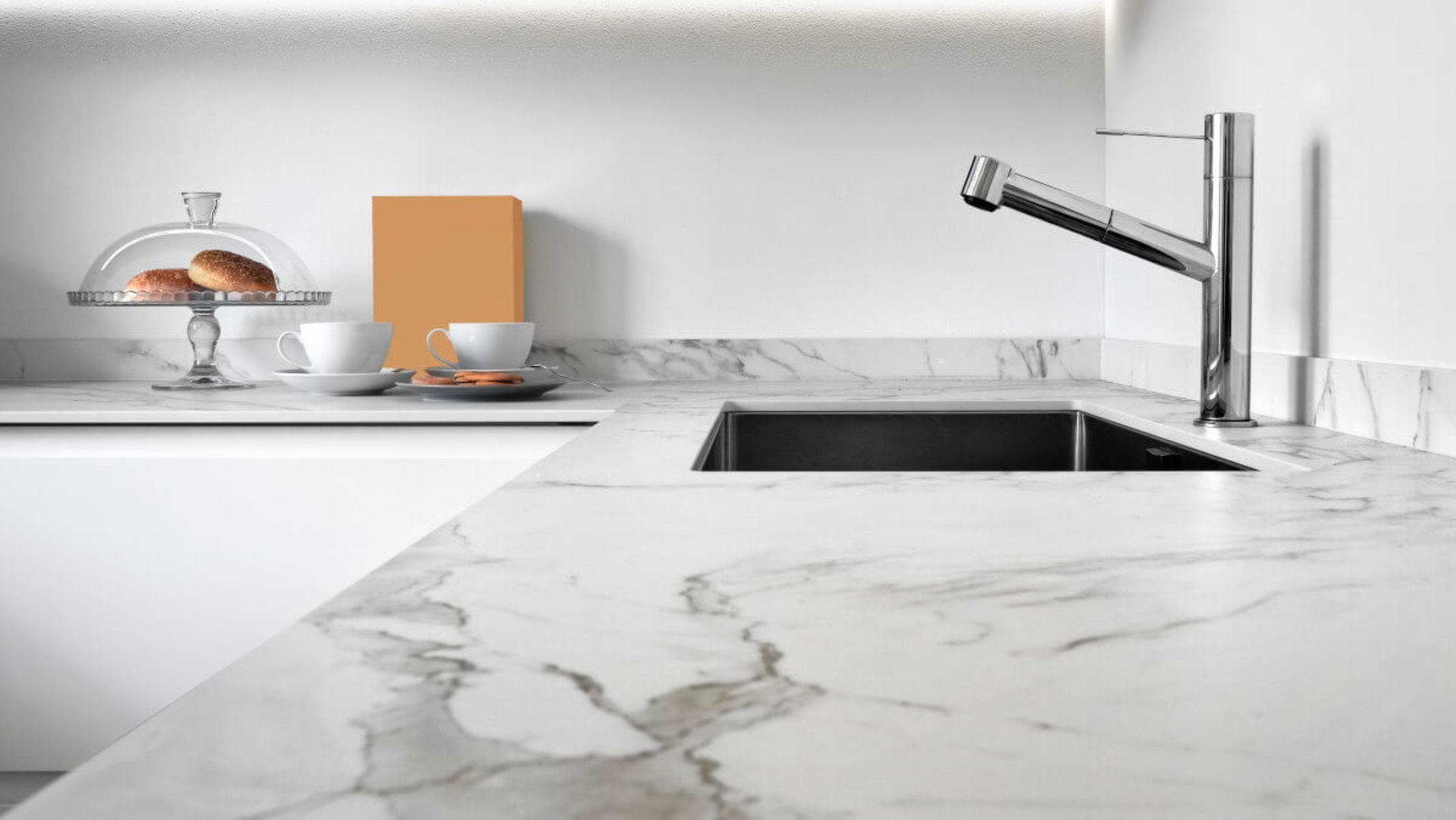
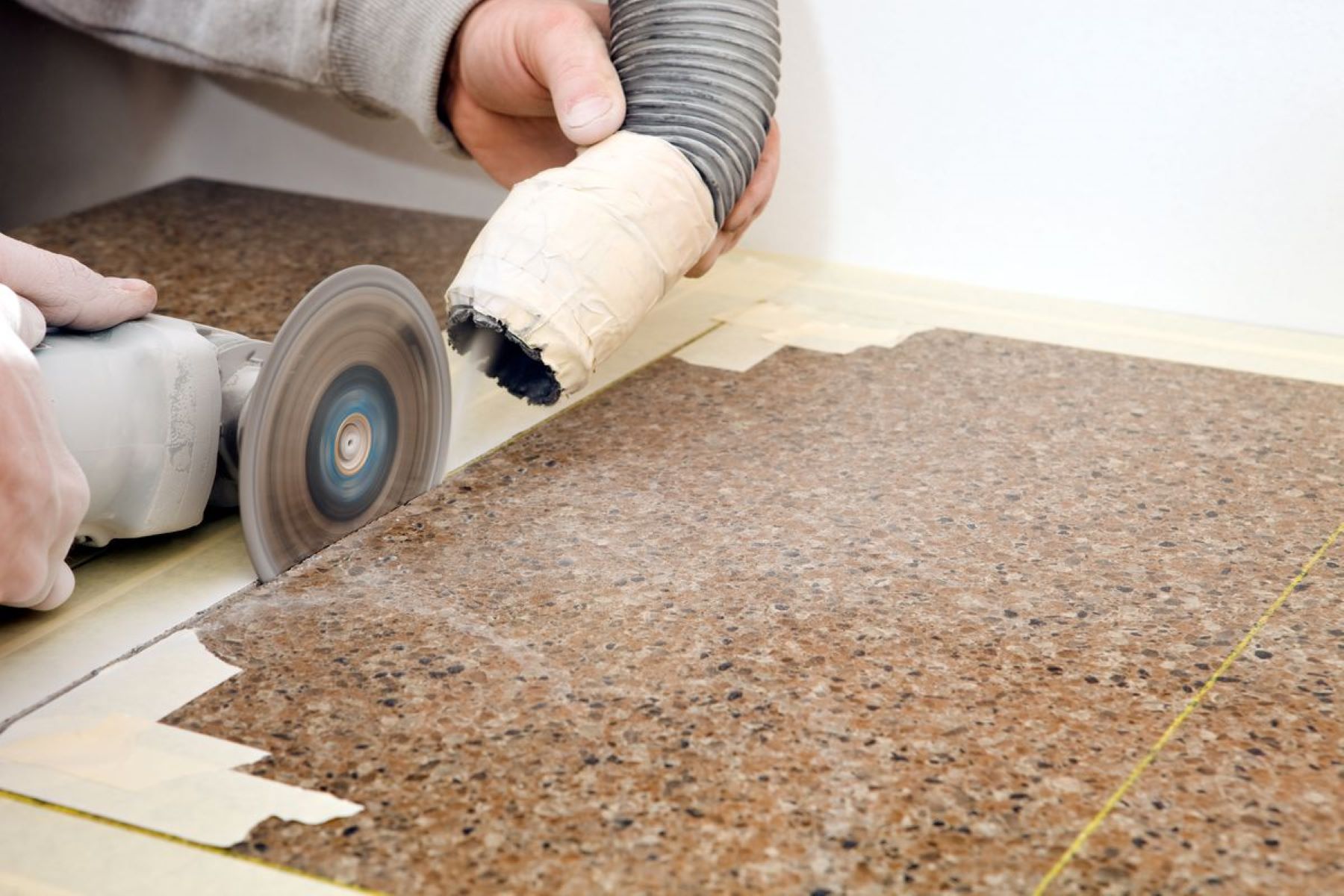
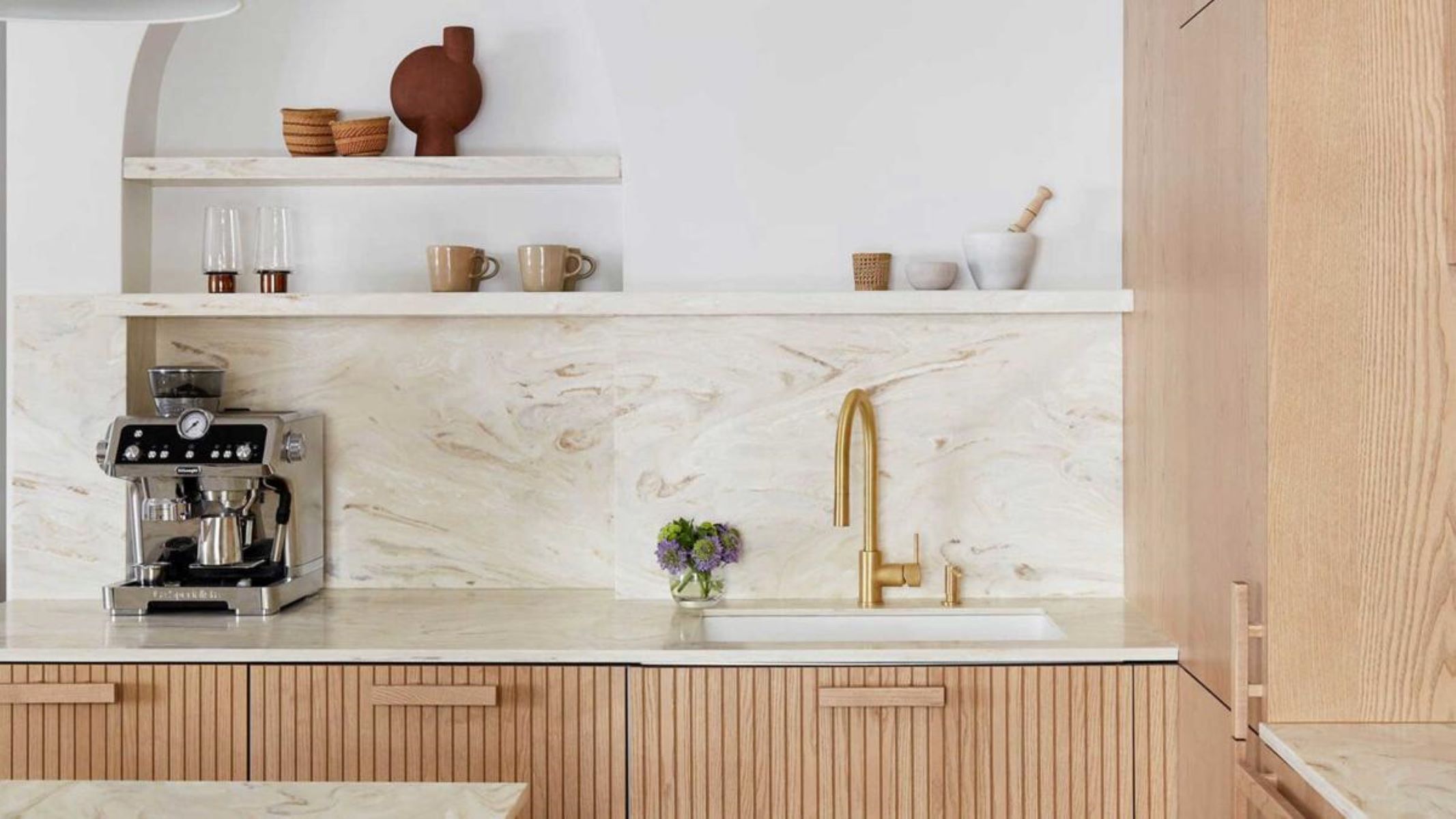
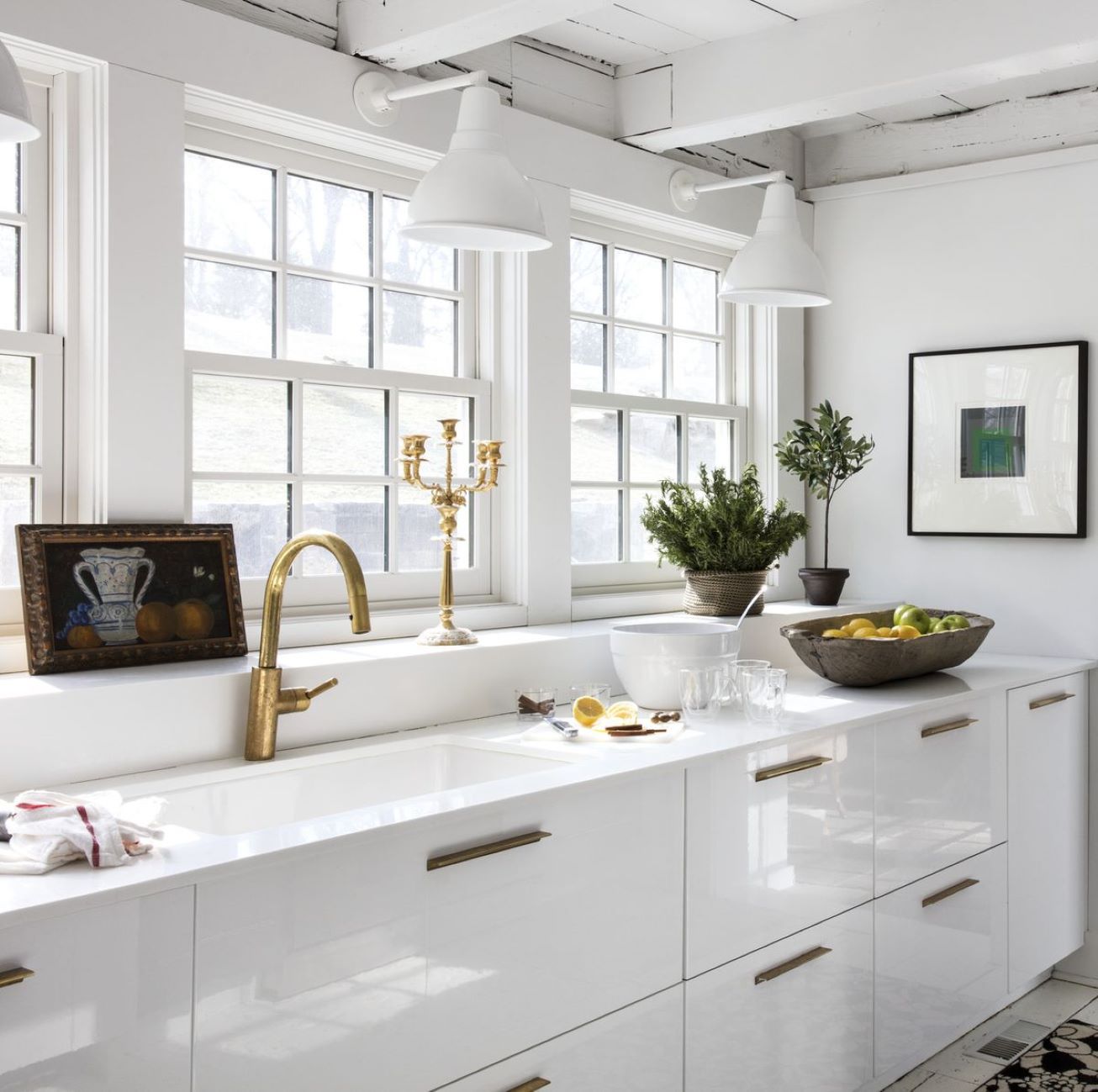
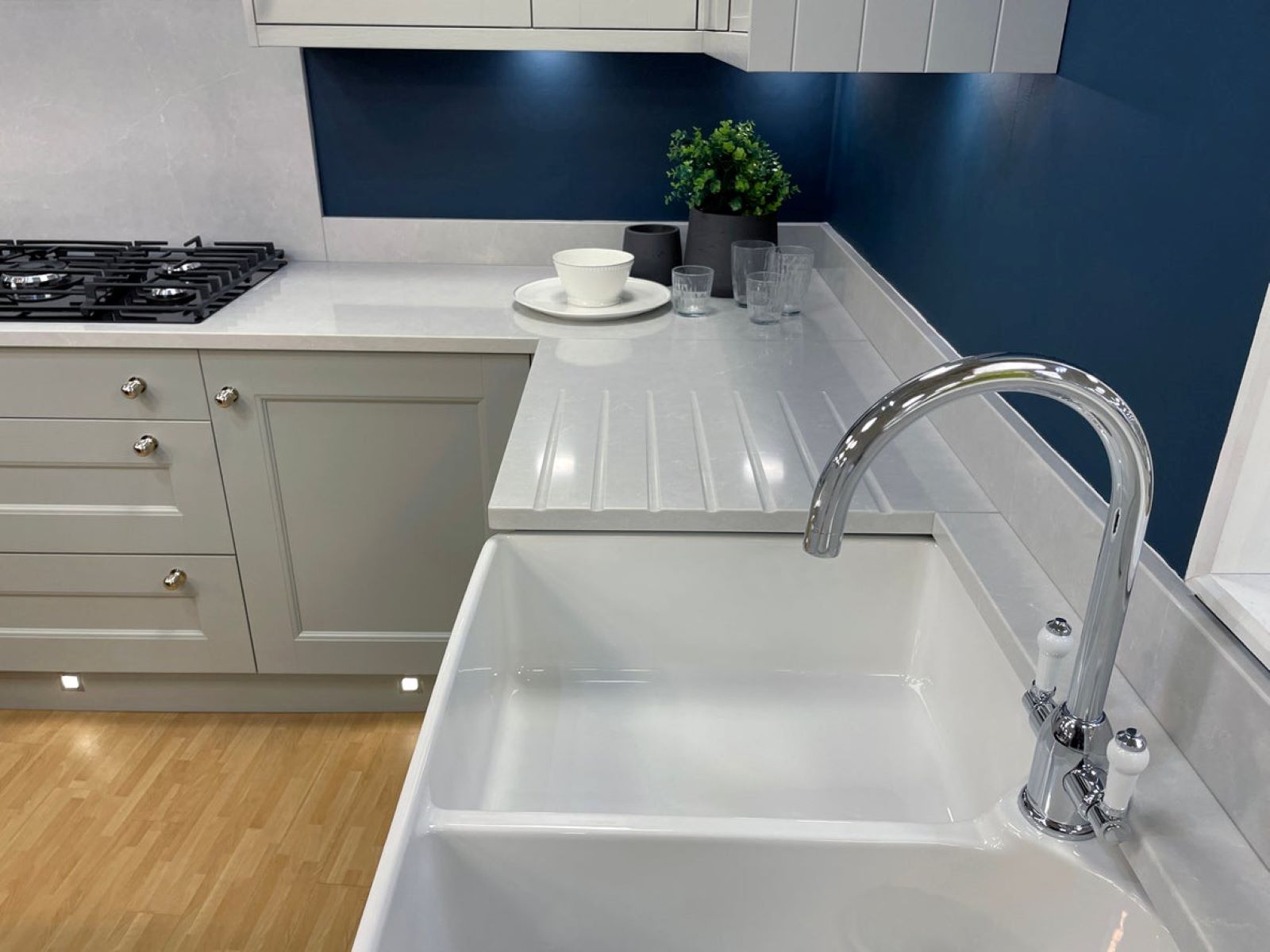
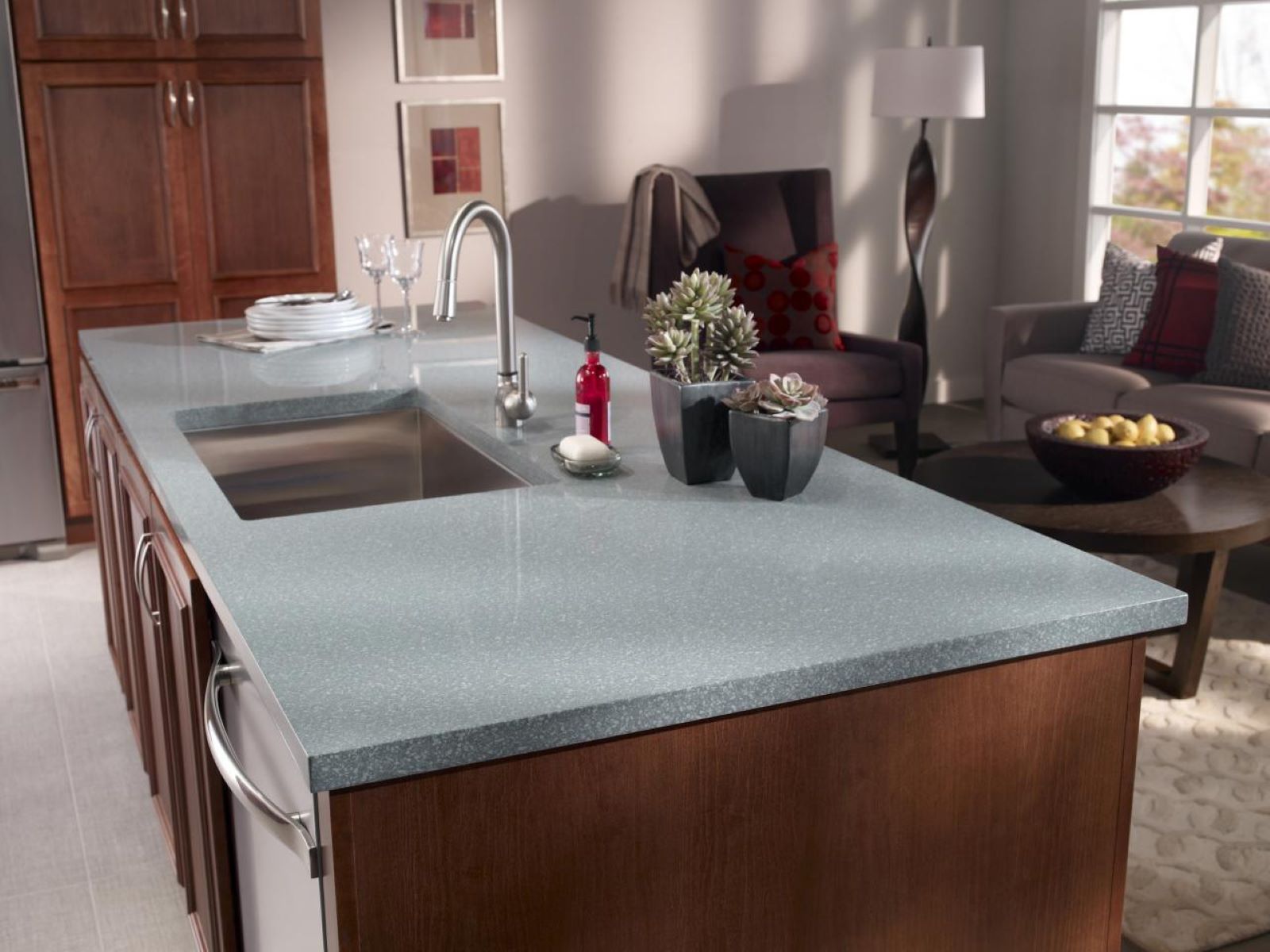
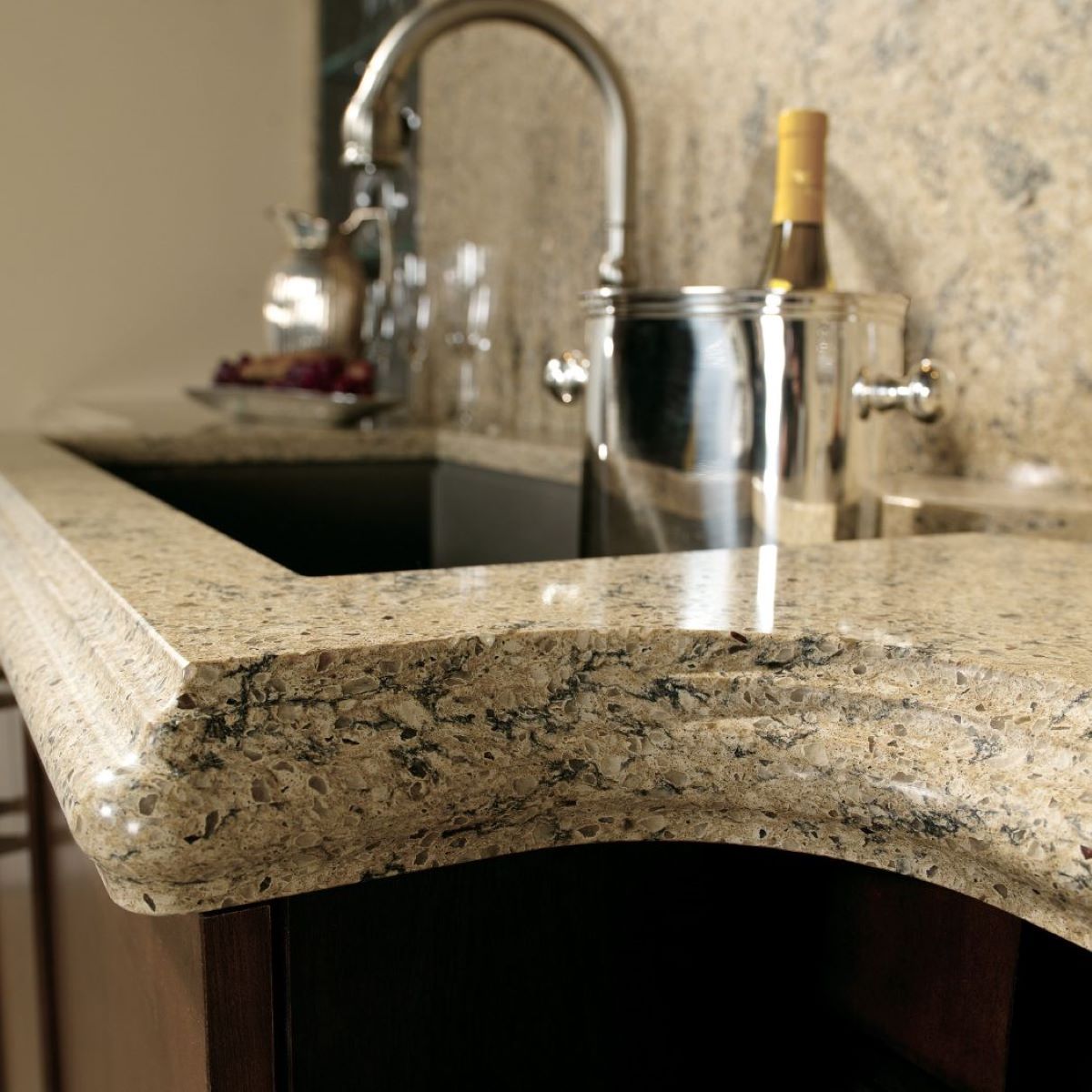
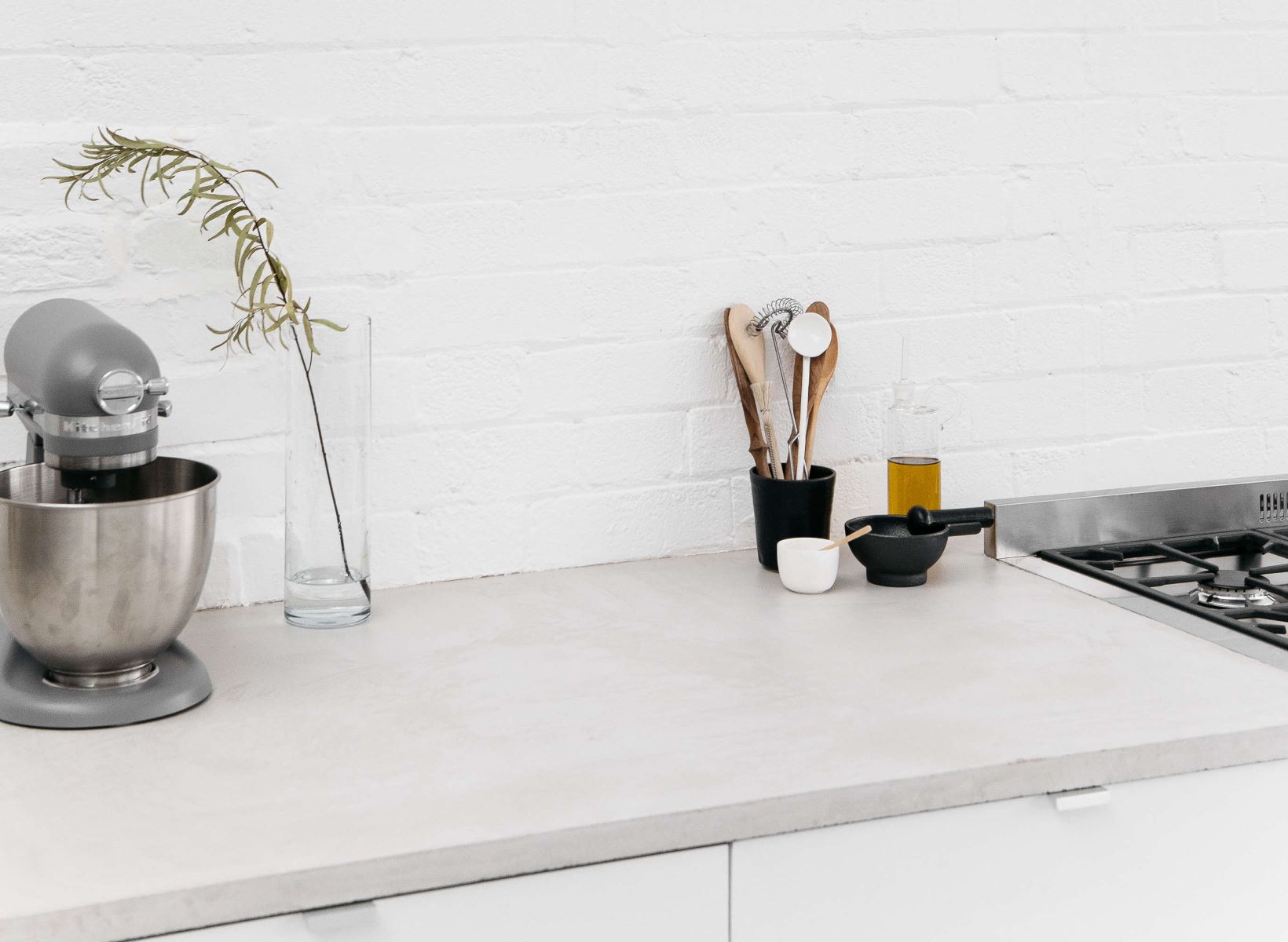
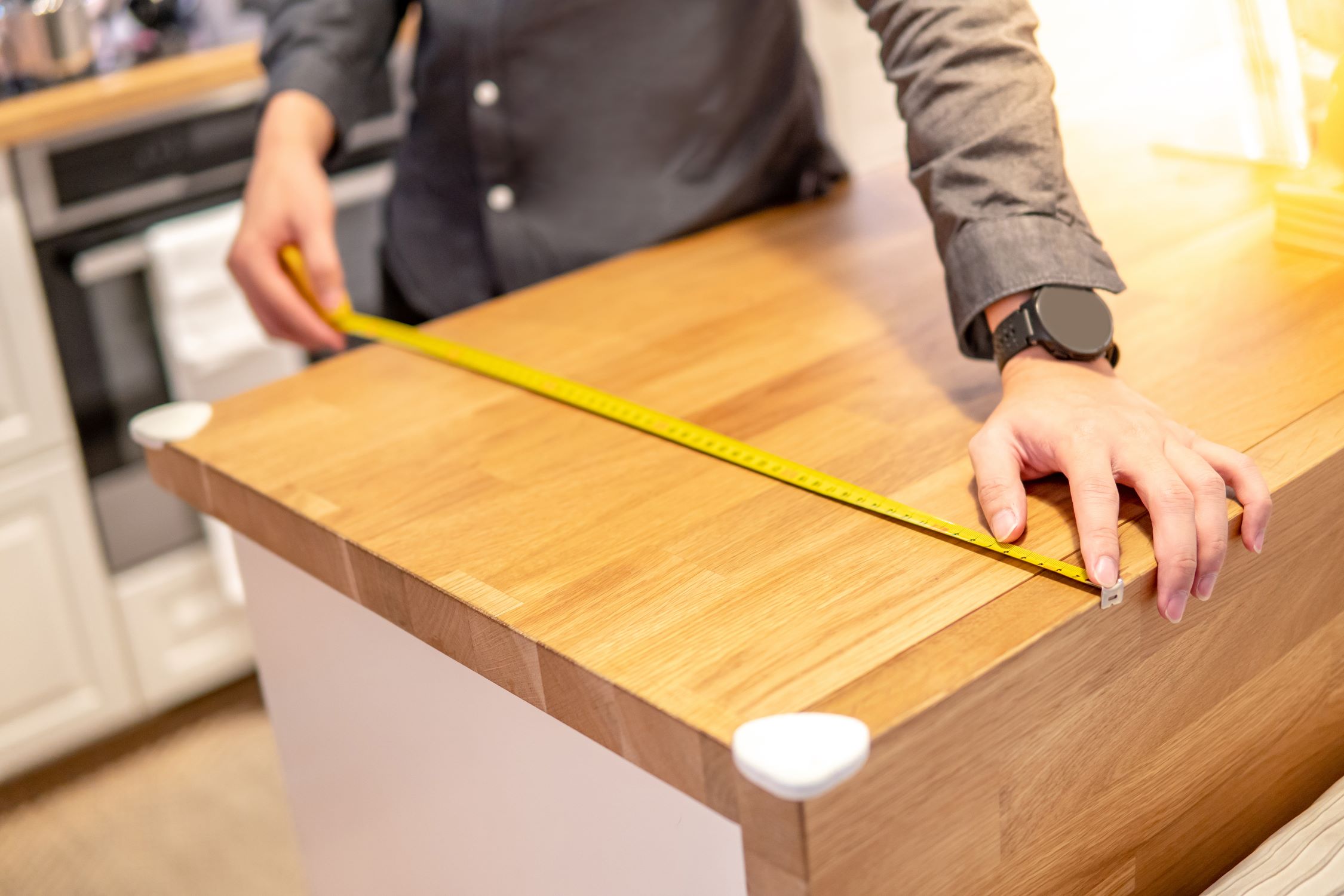
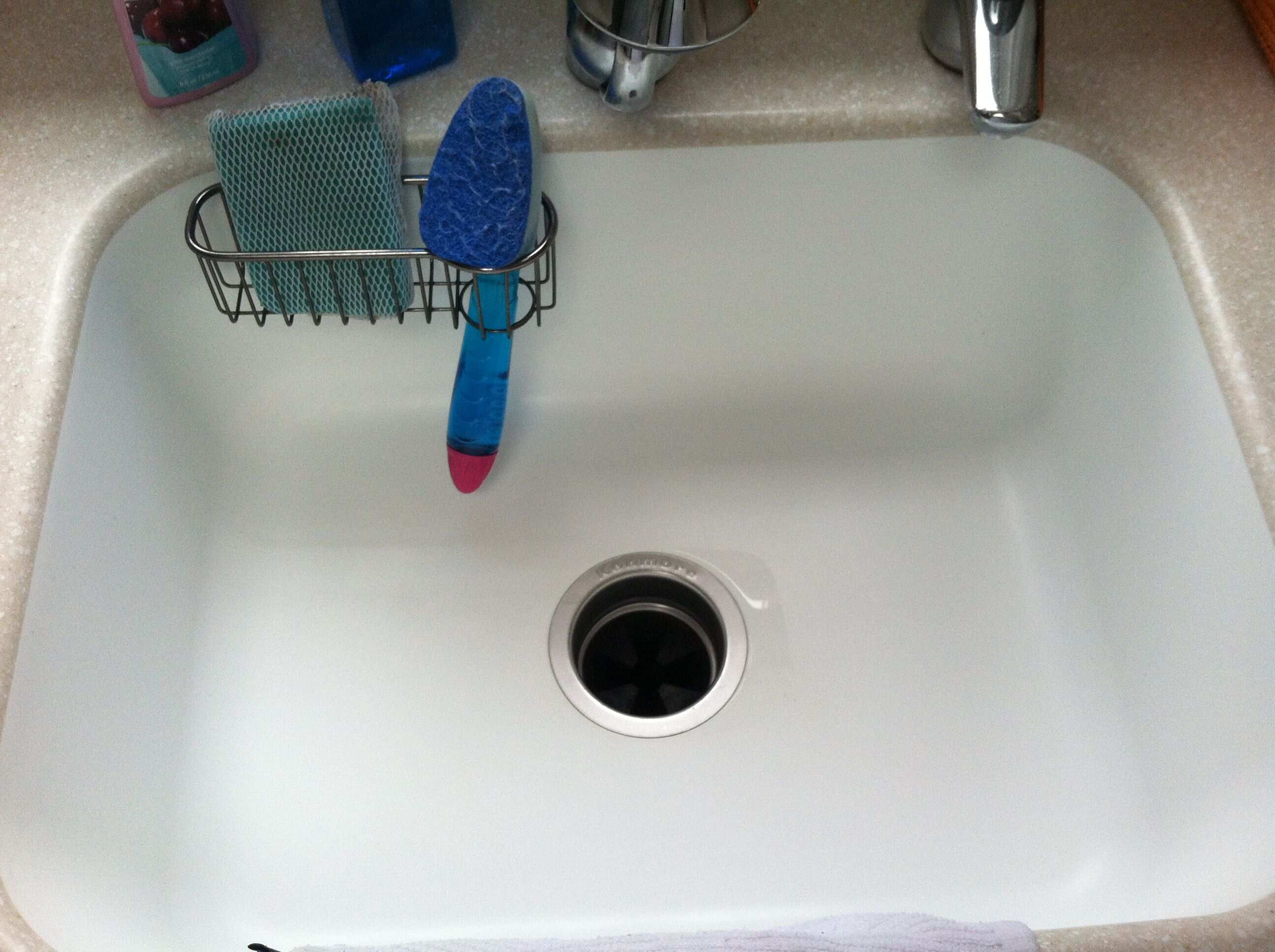
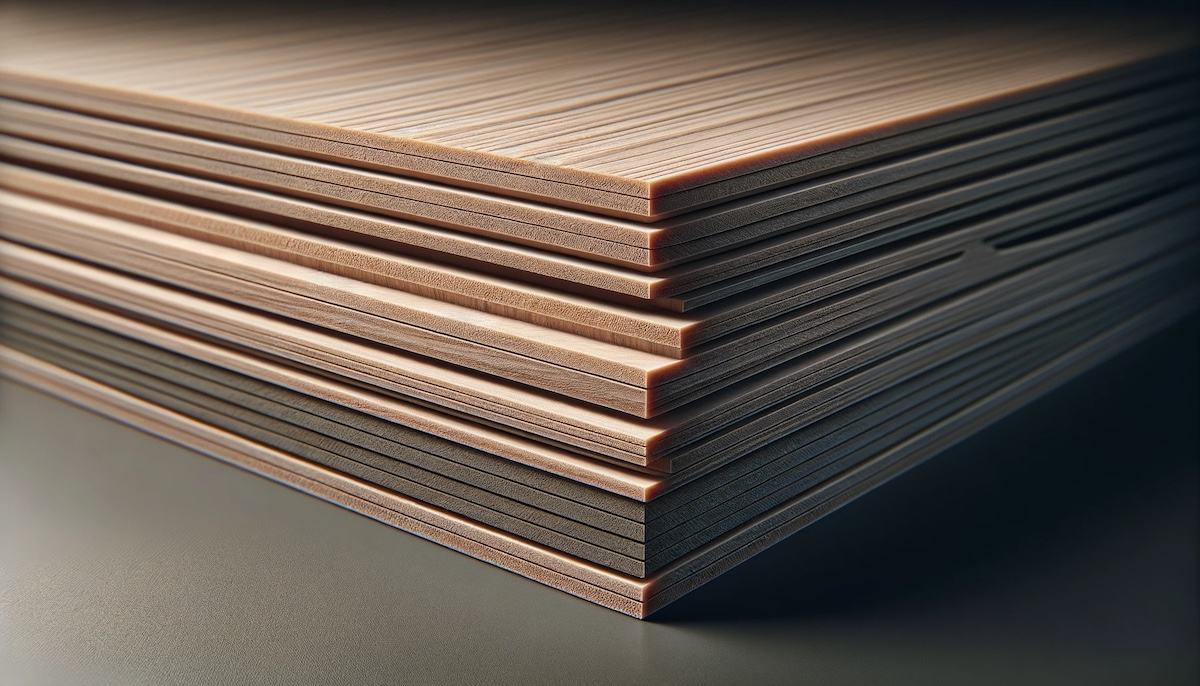
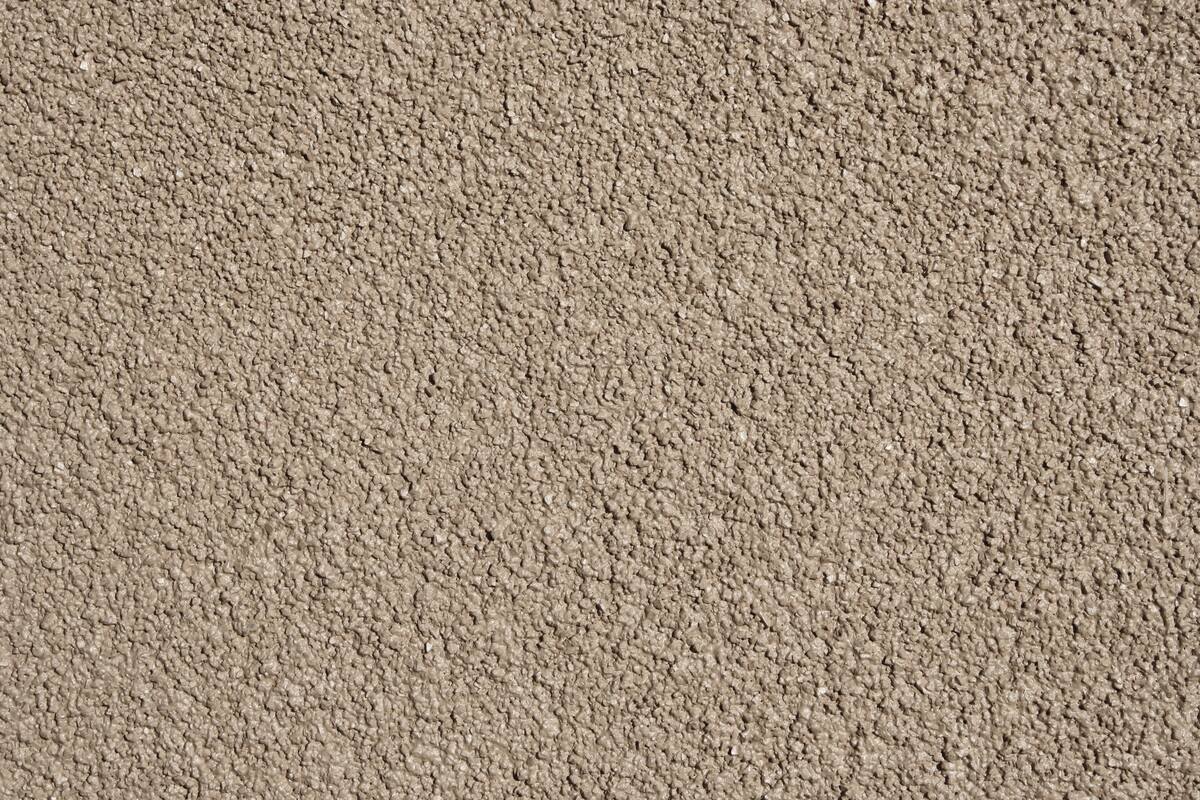

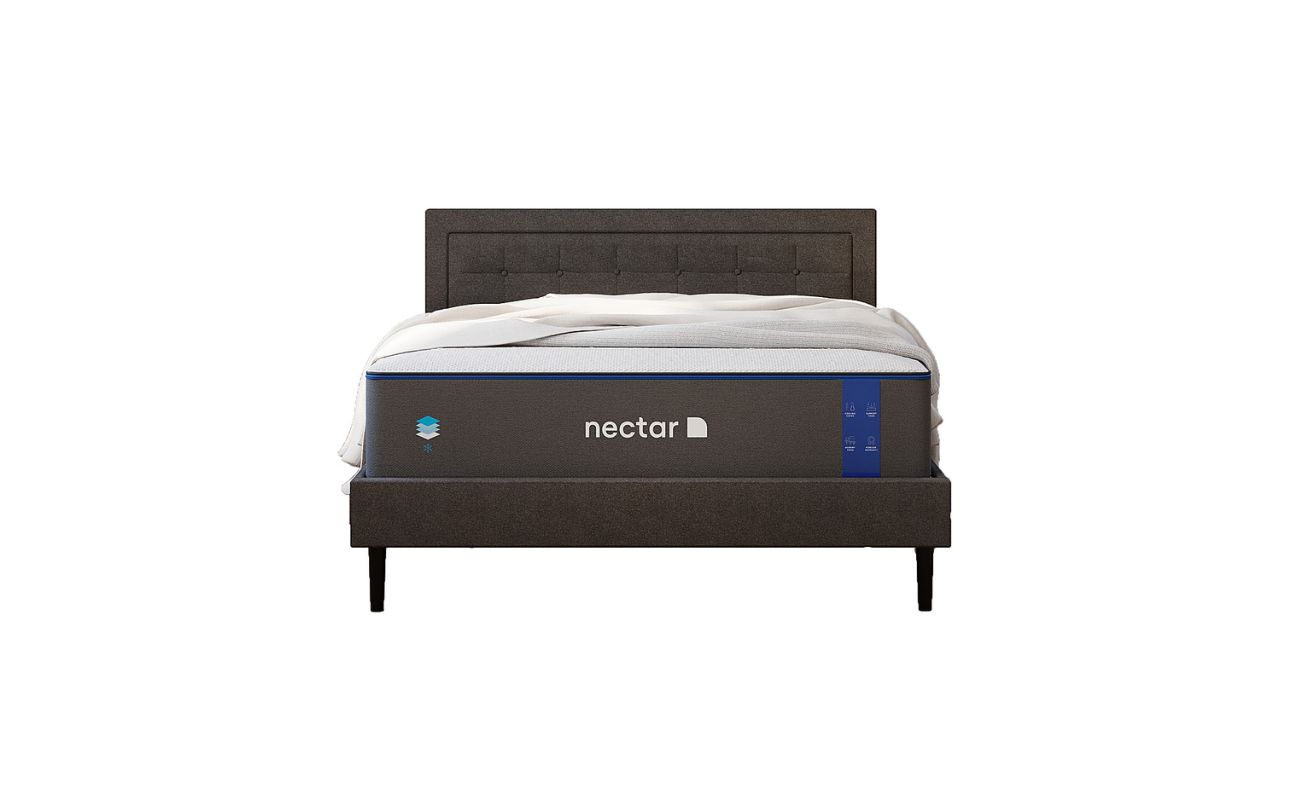

0 thoughts on “How Thick Are Corian Countertops”